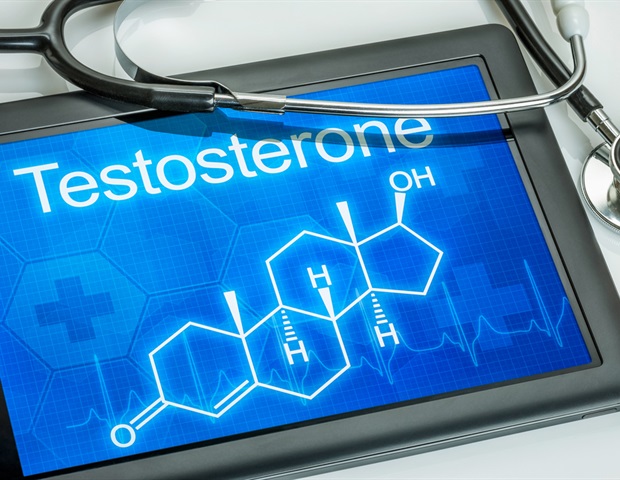
Listen to Story Autism Spectrum Disorder (ASD) is a neurodevelopmental condition that affects communication, social interactions, and behaviour. While the precise causes of autism remain an area of ongoing research, evidence suggests that both genetic and environmental factors during pregnancy can influence its occurrence. A better understanding of these contributing factors can help expectant mothers take proactive steps to ensure optimal foetal development.
Genetics play a pivotal role in autism, with studies indicating a strong hereditary component. Children born to parents with autism or autism-related traits are at a higher risk of developing the condition. Moreover, de novo (spontaneous) genetic mutations occurring during early foetal development may also contribute to autism.

While no single gene has been identified as solely responsible for autism, researchers have pinpointed multiple genetic variations that may increase susceptibility. Maternal Health and Baby's Brain Development Certain maternal health conditions during pregnancy have been associated with an increased likelihood of autism in offspring. These include: Medication Use During Pregnancy Exposure to certain environmental toxins and medications has been linked to an increased risk of autism.
These include: Birth Complications and Prematurity Babies born prematurely (before 37 weeks) or with low birth weight have a greater likelihood of developing autism. Additionally, birth complications, such as oxygen deprivation or umbilical cord abnormalities, may impact brain development, further increasing the risk of autism. While not all risks can be entirely eliminated, expectant mothers can take preventive measures by maintaining good prenatal health, managing medical conditions, and minimising exposure to harmful environmental factors.
Early and regular prenatal care are crucial in promoting healthy foetal development and reducing potential risks associated with autism. With ongoing research and advancements in maternal-foetal medicine, we continue to gain deeper insights into the relationship between pregnancy and autism, helping parents make informed choices for their child’s well-being..















